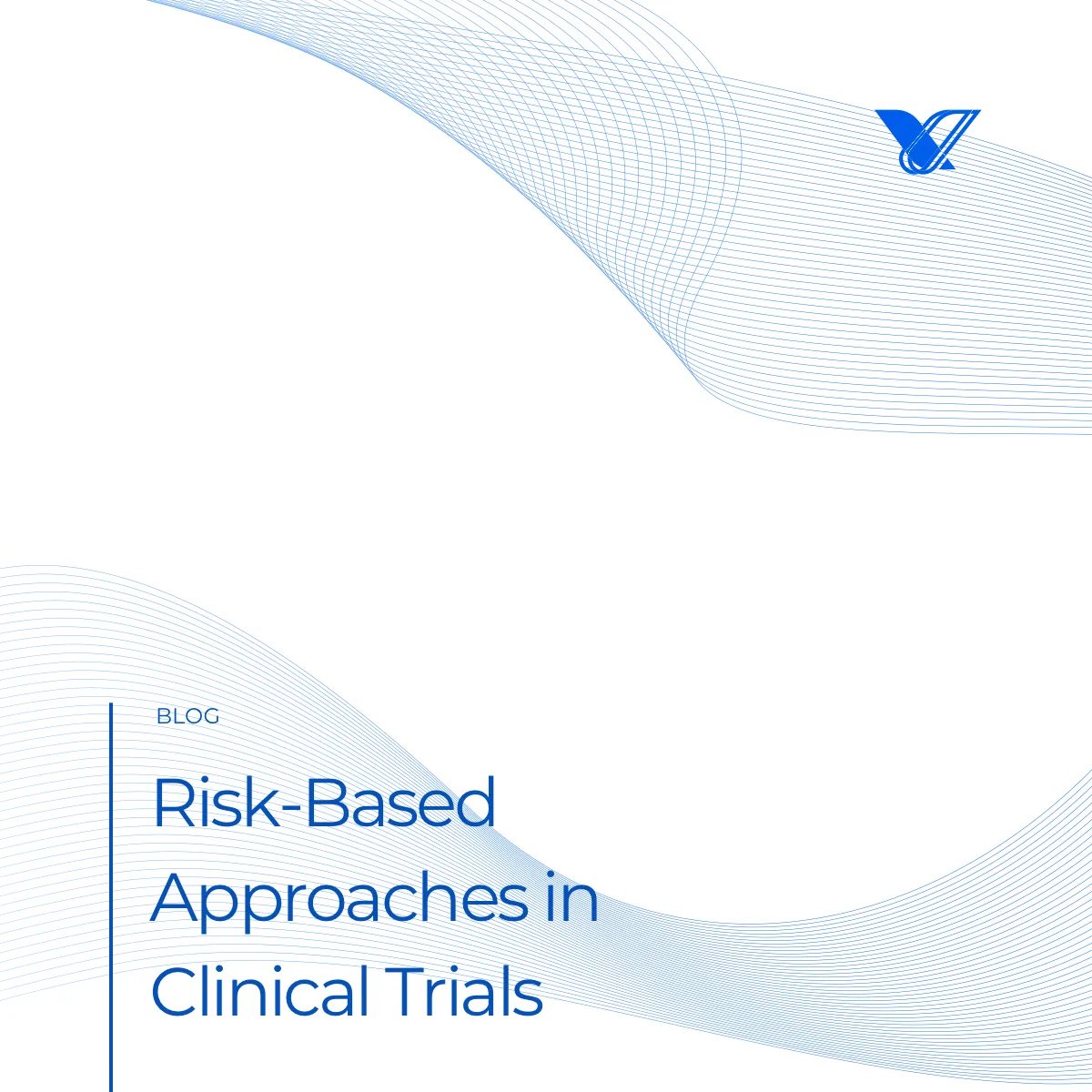Bringing science and humanity: How systems thinking should shape clinical trial execution

The pharmaceutical industry is shifting toward Risk-Based Quality Management (RBQM) to enhance trial efficiency and data integrity. This article explores the evolution of risk-based approaches, their impact on clinical trials, and trends shaping the future of drug development. At Vilintra, we are actively developing innovative solutions to address these challenges and drive efficiency in clinical research.
The Evolution of Risk-Based Approaches
Regulatory frameworks have advanced risk-based methodologies since the late 1980s. Recent updates emphasize structured risk management to improve trial efficiency and compliance.
Key Milestones:
- ICH E6 and ICH E8 Guidelines: Established principles for risk-based methodologies.
- ICH E6(R3): Introduces structured risk management aligned with trial complexity.
The Need for Risk-Based Approaches
As clinical trials grow in volume from 2,100 in 2000 to over 491,000 in April 2024, increasing data complexity, frequent protocol amendments, and distributed trial sites necessitate adaptive monitoring, making traditional methods like full Source Data Verification (SDV) resource-intensive and risk-based approaches essential. Vilintra is committed to solving these challenges by developing cutting-edge RBQM strategies tailored to modern trial demands.
Risk-Based Quality Management (RBQM) and Its Benefits
RBQM enhances trial efficiency and data reliability through proactive risk identification, risk prioritization, continuous monitoring, and adaptive strategies. By identifying risks early, prioritizing resource allocation, leveraging real-time data for decision-making, and dynamically adjusting trial procedures, RBQM improves operational efficiency, accelerates trial timelines, enhances data integrity, and optimizes resource management. Research from the Tufts Center for the Study of Drug Development highlights these benefits, demonstrating how structured risk management reduces resource burdens and minimizes inconsistencies in clinical trials. Vilintra is integrating these principles into its solutions, ensuring organizations can implement RBQM effectively while maintaining participant safety and study reliability.
Technological Advancements Driving RBQM
Centralized Monitoring and Real-Time Analytics
RBQM uses technology to improve oversight:
- Remote Site Monitoring: Reduces on-site visits while maintaining integrity.
- Data-Driven Insights: Real-time analytics improve decision-making.
Data Governance and RBQM
ICH E6(R3) emphasizes structured data governance:
- Enhanced Data Integrity: Strengthened protocols ensure accuracy.
- Integrated Data Sources: Use of electronic health records, wearables, and direct patient inputs.
- Regulatory Alignment: Compliance frameworks support global consistency.
Future Trends in RBQM
Risk-based methodologies will continue shaping clinical trial operations:
- Increased Adoption: By 2027, 79% of trials will use RBQM in planning, 80% in execution, and 84% in documentation.
- AI-Driven Risk Assessment: Predictive modeling enhances efficiency.
- Patient-Centric Strategies: Greater focus on experience and engagement.
- Global Standardization: Regulatory alignment will drive consistency.
Conclusion
RBQM is not just about operational efficiency—it’s about ensuring participant safety, maintaining trial integrity, and proactively managing risks before they impact study outcomes. From assessing protocol complexities to monitoring site performance and technology risks, structured risk management prevents disruptions and enhances data reliability. As the industry evolves, integrating these strategies will be key to maintaining competitiveness and ensuring trial success. Vilintra is at the forefront of this transformation, providing solutions that empower organizations to adopt RBQM seamlessly and improve clinical trial outcomes.
Follow us by subscribing to our Newsletter or Linkedin
More from Vilintra


.webp)
.webp)
%20(1).webp)

